Thank you to Bethany Erickson for this guest post about her experience at last month’s Summit on the Neuroscience of Twice Exceptionality. If you would like access to the recorded event, register by July 1 at belinblank.org/summit.
After attending the Summit on the Neuroscience of Twice-Exceptionality, I am in awe and inspired.
I am in awe of the professionals who spoke: their expertise, experience, research and heart that came through their presentations. As a classroom teacher, I didn’t really know anything about neuroscience before this summit. Now, I wonder how can teachers be teachers without knowing more about how the brain works and learns.
The adage that ‘you don’t know how much you don’t know’ comes to mind. While learning from the presenters, three themes stood out to me over the course of the two days of lectures: the need for more collaboration, more research and more awareness to benefit twice-exceptional learners at all ages.
Collaboration came up in almost every session.
So many of the presenters graciously gave credit to their teams and showed gratitude for the work they are able to do together. Parents talked about collaborating with educators. Students talked about the help they needed and received from their parents, medical professionals, and educators. Educators that work at the Belin-Blank Center, spoke to the importance of effectively communicating with each other as colleagues but also with parents and patients.
I was struck by several things during the student panel.
One student seemed to have had appropriate supports and interventions early on to help him cope with and understand his diagnosis. Another student didn’t find out about Autism Spectrum Disorder until later and had a harder path with fewer and later support services. Even so, both have found success and a way to overcome their difficulties by using their strengths and talents, which was another clear message from many sessions.
I was impressed with how much these students could bravely tell us and it reminded me of the importance of knowing each individual.
I will be working with high school students for the first time next school year, and hearing the student panel reminds me that they are just looking for someone to listen and see them as a person, not just their diagnosis.
Another lesson on the importance of collaboration came from the parent panel.
The three moms on the panel gave such heartfelt and honest advice that I, as a teacher, will not forget. I wish more teachers could hear their stories. It stuck with me when they agreed that some of their most helpful teachers were the ones who admitted to not knowing about twice-exceptionality (2e), but being willing to learn along side them and see their child for more than just their behaviors or diagnosis.
I was so moved by the mom who explained what it felt like to drop off her son at a Belin-Blank Center summer program, and how it felt for her to know, for the first time, that he would be okay there without her because of the supports in place.
It made me think how much more school systems need to do for 2e students and parents to make school a safe place for them as well. A safe place where they can trust educators to be accepting of their talents and their challenges.
For students and parents to find schools as a welcoming and supportive environment for twice-exceptional students, teachers need to be made aware of 2e characteristics, talents, needs and challenges. It came up in the parent and student panel that they wished more people knew 2e students existed. As a teacher looking back, I can now think of several former students that were likely twice-exceptional, but I didn’t have the knowledge or resources at the time to help them.
This summit has given me an awareness that I am so grateful for.
The need to bring awareness to educators was mentioned in the student and parent panels. It was interesting to hear from the two teachers who were on the parent panel, as they shared how much they didn’t know as teachers until experiencing 2e as a parent. I wonder how many behavior issues could be prevented or diminished by addressing the needs of the students that are not being met due to undiagnosed neurodevelopmental disorders.
Before the summit, I was aware that students could have multiple diagnosed disabilities, but I didn’t know the symptoms, characteristics, talents and challenges.
The research shared during the summit was so above and beyond what I expected.
An abundance of statistics, charts, graphs, and studies that all represent individual people and families, as one presenter pointed out. Even in the midst of so much research, the case was continually made for how much more research is needed, all the things scientists still don’t know and want to know in order to better serve and accommodate for neurodiverse learners.
I was moved by how many presenters shared stories of their own children who have been diagnosed as twice-exceptional, and how that personal connection motivates their work.
As I evaluate how this summit will affect my role as an educator, I hope it is by improving my collaboration with others – parents, students, colleagues, medical professionals, etc. I also hope it will affect my role as a talented and gifted teacher by granting me an awareness to help me see students that may need special education and gifted education services. Or notice characteristics of students that may come from having an indivisible disability and helping them to feel seen.
Experiencing this summit will help me bring an awareness back to my coworkers of what twice exceptionality is and how we can work together to find ways to support those learners and their families.



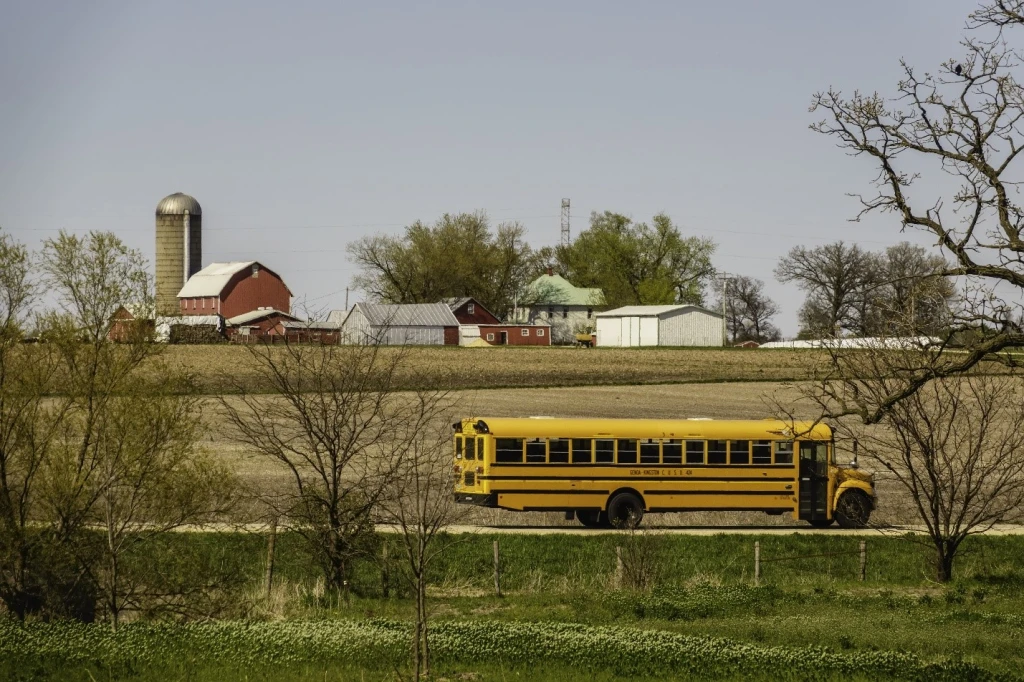


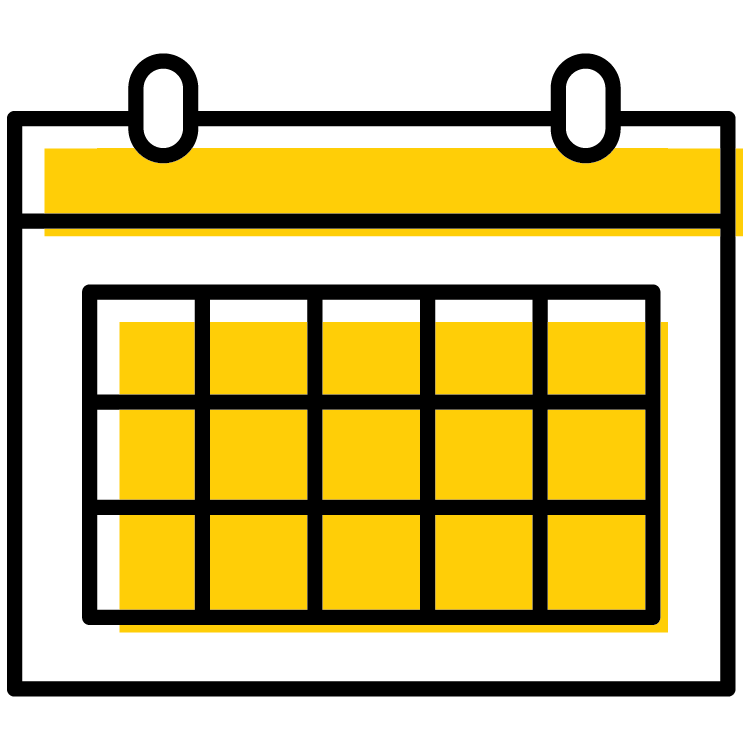








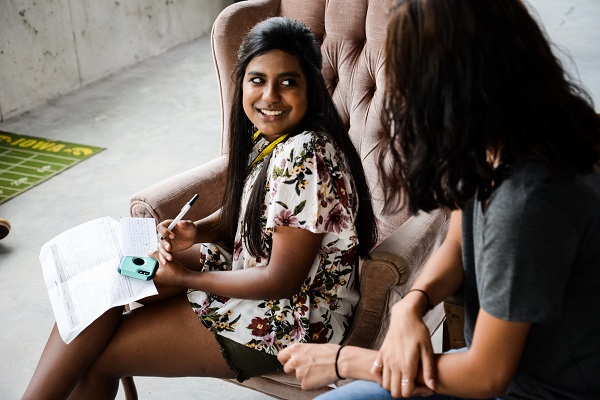















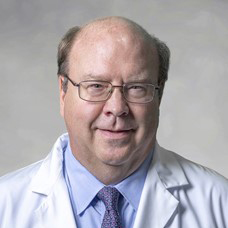
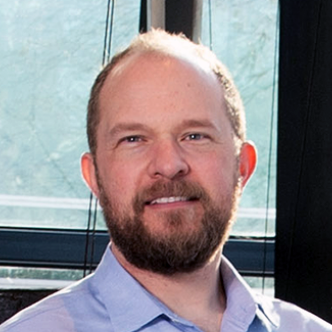
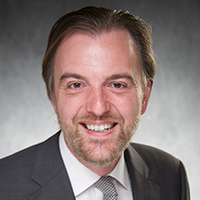





































































 We still have two online fall credit options available. One workshop,
We still have two online fall credit options available. One workshop, 















